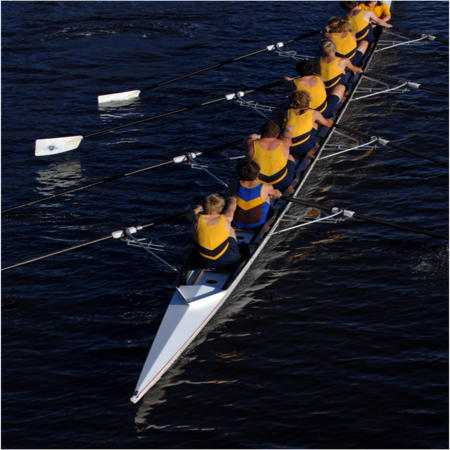

Investigate how creative products emerge through interactions in collaborative teams, and how inter-individual and social abilities influence social creativity in adults and children.
Traditionally, creativity has been mostly investigated from an individual perspective, with an aim to understand what features characterize the creative person, in term of personality traits, cognitive abilities, or intellectual capacity.Only recently has there been a shift in the focus from the individual to the group creative process. However, there is still limited understanding about the key concepts that facilitate (or hinder) creativity in groups. Also, how inter-individual or social processes influence creative productivity throughout development is not well understood.
Current PhD project aims to explore some of the key elements that facilitate group creativity process and to compare social creativity of children and adults with an aim to understand how developing social and cognitive abilities influence the quality of the groups creative products. The first set of studies investigated creativity in art performance group by investigating flow experience with both quantitative and qualitative methods. The “flow” experience, “an almost automatic, effortless, yet highly focused state of consciousness”(Csikszentmihalyi, 1996) can occur in a wide range of activites, ranging from sports to performing arts to problem solving (Csikszentmihalyi, 1993). Some studies found strong positive correlation between flow and group creativity and this is why it is a good tool to explore creaitivity. In further studies of the project, group creativity experiments will be conducted with adults and children with a special attention to flow experience and intersubjectivity.
Max Planck Institute for Human Development, Center of Adaptive Behaviour and Cognition, Berlin, Germany
LogicMills, Singapore

Michaela Gummerum, John Matthias, Jane Grant, (Plymouth University), Konstantinos Katsikopoulos (Max Planck Institute for Human Development), Mark Nowacki (LogicMills)
Glăveanu, V. P. (2011). How are we creative together?: comparing sociocognitive and sociocultural answers. Theory & Psychology, 21(4), 473–492. doi:10.1177/0959354310372152
Byrne, C., MacDonald, R., & Carlton, L. (2003). Assessing creativity in musical compositions: flow as an assessment tool. British Journal of Music Education, 20(3), 277–290. doi:10.1017/S0265051703005448
Hoever, I. J., van Knippenberg, D., van Ginkel, W. P., & Barkema, H. G. (2012). Fostering team creativity: perspective taking as key to unlocking diversity’s potential. The Journal of Applied Psychology, 97(5), 982–96.doi:10.1037/a0029159
Sawyer, R. Keith. Group creativity: Music, theater, collaboration. Psychology Press, 2014. ISBN-13:978-0805844351